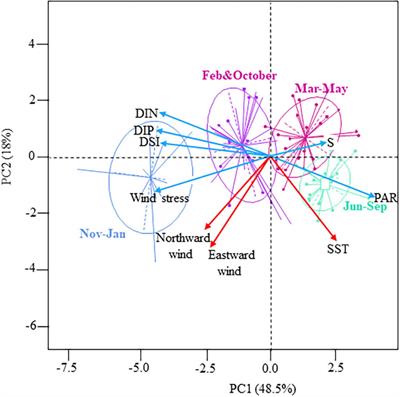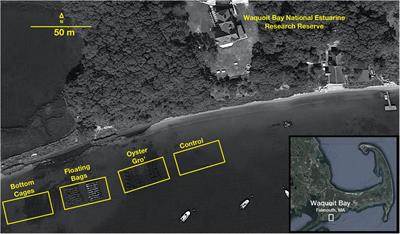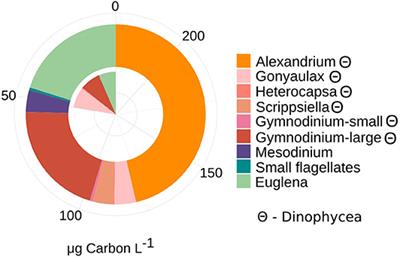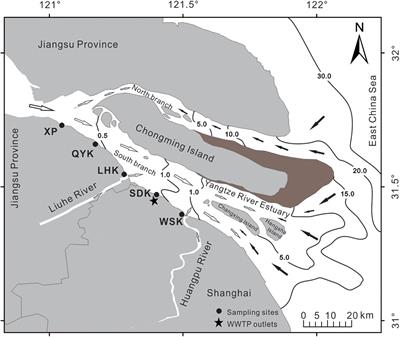EDITORIAL
Published on 28 Oct 2021
Editorial: Microbial Communities of Coastal Eutrophic Systems
doi 10.3389/fmars.2021.784112
- 730 views
12k
Total downloads
56k
Total views and downloads
Select the journal/section where you want your idea to be submitted:
EDITORIAL
Published on 28 Oct 2021
ORIGINAL RESEARCH
Published on 08 Oct 2021

ORIGINAL RESEARCH
Published on 06 Sep 2021

ORIGINAL RESEARCH
Published on 24 Mar 2021

REVIEW
Published on 18 Feb 2021

ORIGINAL RESEARCH
Published on 04 Feb 2021

ORIGINAL RESEARCH
Published on 03 Dec 2020

ORIGINAL RESEARCH
Published on 01 Dec 2020

ORIGINAL RESEARCH
Published on 25 Nov 2020

ORIGINAL RESEARCH
Published on 22 Oct 2020


Frontiers in Microbiology